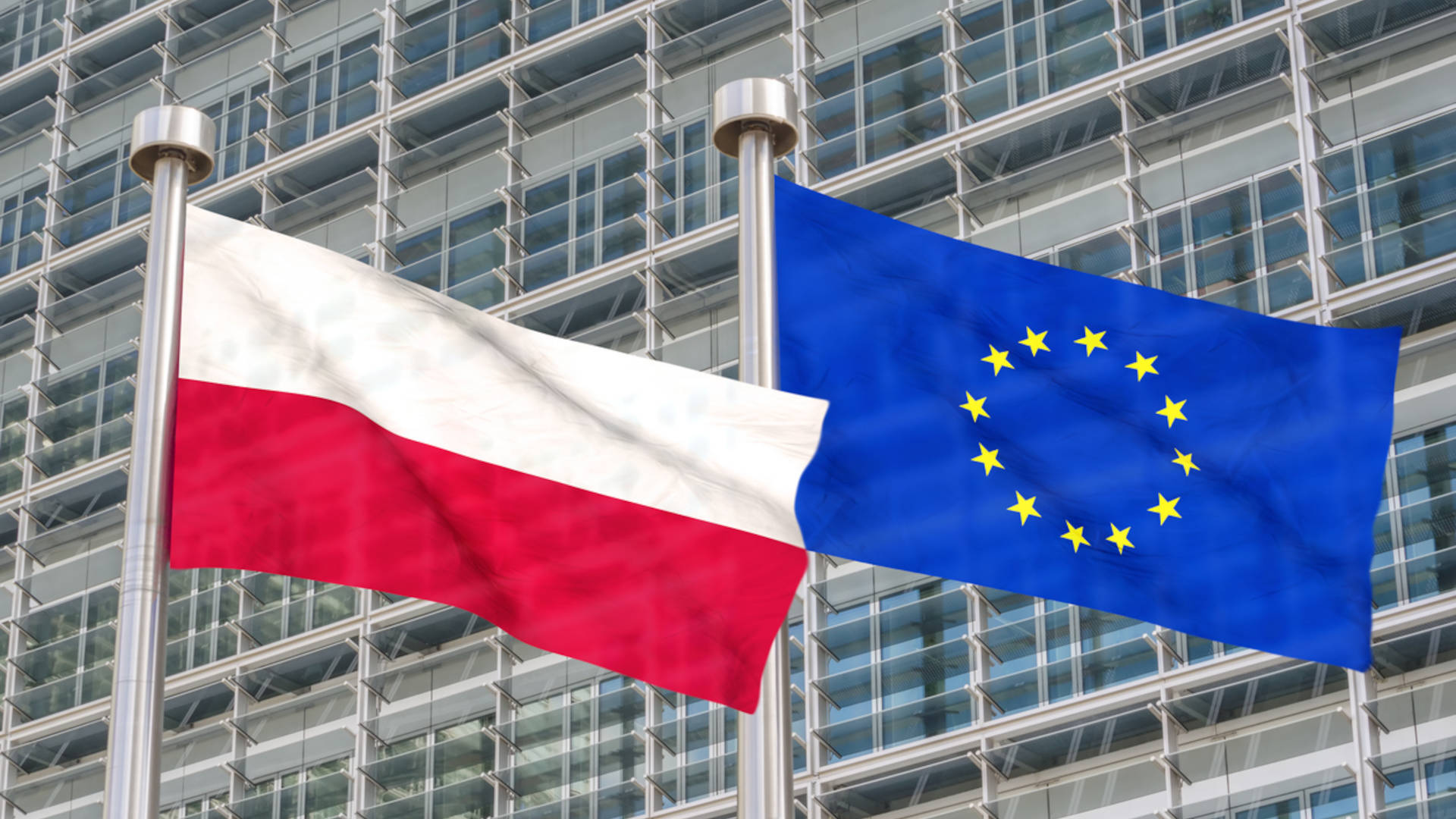Digital industry of 12 Central Eastern European countries proposes priorities for the digital agenda of the Polish presidency of the Council of the EU

Europe noticeably lags in major technological areas – according to CEE Digital Coalition, a gathering of 19 digital industry organisations from 12 Central Eastern European countries. The Coalition argues that the upcoming Polish presidency at the Council of the European Union is a significant opportunity to close the technological gap between Europe and USA or Asia. In order to do so, we far-reaching support for innovation and development of digital services, a thorough revision of existing directives, but most of all, adoption of a new, systemic approach to regulating the digital single market are required.
A statement highlighting these priorities was presented to the Polish government, currently preparing to take up the presidency at the Council of the EU. The document was signed by representatives of digital industry associations from Bulgaria, Croatia, Czechia, Estonia, Lithuania, Poland, Romania, Slovakia, Slovenia and Hungary as well as Ukraine. According to CEE Digital Coalition’s experts, the presidency is an opportunity to showcase and work on issues vital for the entire region. They also note that there is no area more important for the entire economy than digitalisation.
The key message of the organisations involved is clear: all obstacles in the way of fully capturing the potential of the European digital single market must be removed. – American companies have a combined valuation of $46 trillion, more than double that of their European counterparts. Moreover, the US surpasses Europe in the field of technology investments over five times - comments Michał Kanownik, president of Digital Poland Association, one of the organisations making up the CEE Digital Coalition. – The fundamental difference between these markets is that European companies have to focus on ensuring compliance with a growing number of legal acts rather than on their growth and development. It is costly and demanding, while often bringing very little social gain – the expert points out.
Institutional reform is a must
These are some of the reasons organisations from 12 countries of the region appealed to the Polish government to consider an institutional reform. One of the solutions proposed is to create a transparent platform for cooperation between national regulatory authorities with the bodies of the European Union. It is also suggested that a mechanism of assessing regulations’ impact on competitiveness should be introduced. This is supposed to ensure that new norms and imperatives will not harm the ability of European companies to innovate.
In the case of digital services, companies often have to function in different legal conditions. Some issues are decided by EU law, while others are decided by the regulations of individual Member States. Manoeuvring between different regulations, often overlapping or even contradictory, is difficult and expensive. And this, especially for small startups, is a real problem, clearly affecting their innovativeness and ability to operate efficiently – according to organistions representing the digital industry.
– We are aware that the Polish government alone will not change the entire EU legislation. However, the presidency of the Council of the European Union is the right moment to send the right message, initiate necessary work, set new trends, and lay out new priorities. We hope that these opportunities will not be wasted - Michał Kanownik says.
Artificial intelligence among the priorities
In their letter to the Polish government, CEE Digital Coalition also argues that openness to new technologies will also be important, as it will allow the EU to support innovation and the development of digital services. A bolder approach to artificial intelligence is particularly important, as the technology is bound to dictate market trends for many years to come. And at the same time, it will constitute a huge opportunity for the European economy.
Digital industry experts from Central Eastern Europe agree that EU law should create conditions for technological cooperation between public administration, scientific community and business. Similarly, bridges should be built on the international arena, although at the same time it is necessary to emphasise the uniqueness of the European market and its strategic autonomy.
CEE Digital Coalition was established for years ago and initiated by Digital Poland Association. It brings together digital industry organisations from Central Eastern Europe. Coalition’s main goal is to advance the digital transformation of the economy and society in the region and make sure the potential of digital technologies is fully captured in Central Eastern Europe.